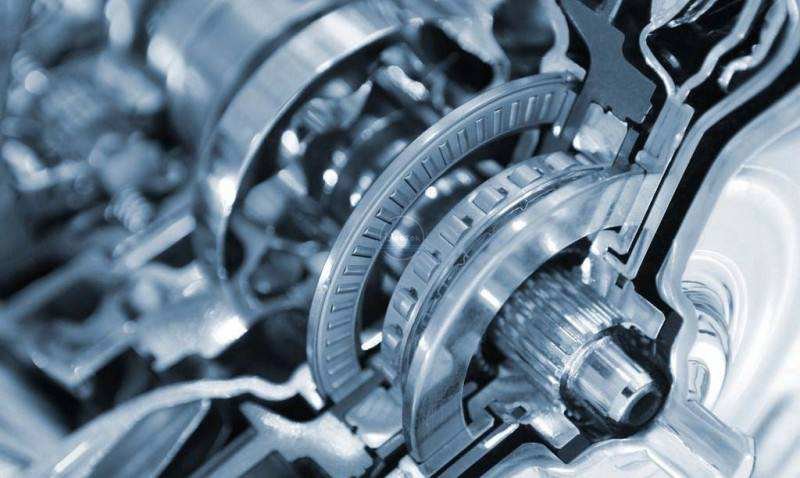Laser cutting
Laser cutting is to irradiate the workpiece with a focused high-power density beam. The material absorbs laser energy and the temperature rises sharply. The surface of the workpiece starts to melt or vaporize, and an active gas is blown into it to support combustion. With the relative movement of the laser beam and the workpiece, a slit is formed on the workpiece. When the laser irradiates the surface of the workpiece, part of the light is absorbed, and the other part is reflected by the workpiece. The absorption part is converted into heat energy, which makes the surface temperature of the workpiece rise sharply, the material is melted and gasified, and the black hole effect is produced, which improves the material absorption rate and rapidly heats the material in the cutting area. At this time, oxygen blowing can support combustion and provide a large amount of heat energy to improve the cutting speed; it can also blow away the slag, protect and cool the lens.
Laser cutting has many characteristics: the laser can cut extremely hard, extremely brittle and extremely soft materials; the slit width is very narrow; the cutting surface is smooth and clean; the heat-affected layer of the cutting surface is shallow, and the surface stress is small; the cutting speed is fast and the heat-affected zone is small; suitable Processing plates.
Laser welding
Laser welding is a high-speed, non-contact, and small deformation production and processing method, which is very suitable for large and continuous processing. The special laser welding machine produced by the Falile High-power Laser Research Base, or the laser processing equipment that integrates welding and cutting, can double the welding quality. The welded joint has high strength, which can reach the same strength as the base material, the equipment has stable performance, good repeatability, high reliability, and no disconnection of the welded joint.
Laser hardening
Laser hardening is laser hardening, which uses a high-energy laser beam to quickly scan the surface of the cylinder bore, and quickly absorb energy in a small area (the spot size) with a very thin layer of the surface, causing the temperature to rise sharply. Due to the excellent heat transfer and thermal conductivity of the metal base, the surface heat is quickly transferred to other parts of the cylinder base, thereby completing the self-cooling quenching in a very short moment, realizing the phase change hardening of the cylinder bore surface.

Main feature:
(1) High-speed heating and high-speed self-cooling of the material surface.
(2) The surface hardness of the workpiece after laser hardening treatment is high, which is 5% to 20% higher than that of conventional quenching, and a very fine hardened layer structure can be obtained.
(3) Because the laser heating speed is fast, the heat affected zone is small, and the quenching stress and deformation are small.
(4) Partial hardening treatment can be performed on parts with complex shapes and parts that cannot be processed by other conventional methods. At the same time, different laser hardening treatments can be performed on different parts of the same part as required.
(5) The laser hardening process cycle is short, the production efficiency is high, the process is easy to realize computer control, the degree of automation is high, and it can be incorporated into the production line.
(6) Laser hardening is self-cooling by heat conduction from the surface to the inside, no cooling medium is needed, and no pollution to the environment.


